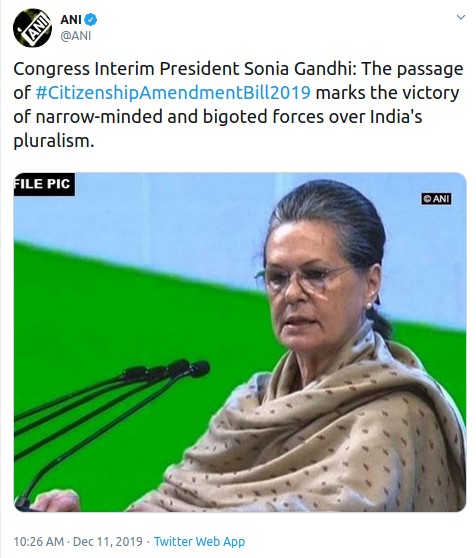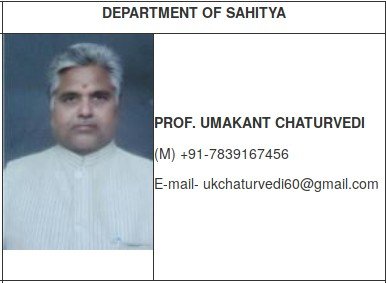It is old. It is new. It is an enduring theme on which the Ulama and the Sufis of Islam thrive.
It is a rueful review of an opportunity lost in the past. It is a fond dream about a future fulfilment. It is a fanatic faith to fight for in the present
In medieval times, when Islam ruled the roost, the most ‘upright’ Ulama and the ‘saintliest’ Sufis carried on a long-drawn-out debate regarding the treatment to be meted out to the Hindus conquered by the sword of Islam.
1. The five categories of ‘unbelievers’ whom the Prophet came to know in his own lifetime were the Polytheists of Arabia, the Jews, the Christians, the Zoroastrians, and the Sabaeans;
3. The Jews, the Christians and, later on, the Zoroastrians and the Sabaeans were recognized by the Prophet as Ahl-i-Kitãb (People of the Book);
8. The Hindus, therefore, could not be designated as Zimmîs entitled to pay jizyah and live under disabilities imposed by an Islamic state;
This, then, was the imperative of Islamic theology vis-a-vis the Hindus.
If pressed too hard, Hindus revolted, and imperilled the Islamic ‘empire’ itself.
ahead in the way of Allah.
He advised the mullahs to concentrate on Hindu ‘untouchables’, and convert them en masse so that Muslims could achieve parity of population with the Hindus.
The article by Javed is titled India: The World’s ‘Largest Democracy’. We need not quarrel with his oblique reference to democracy in India.
We have suspected for a long time that Islam is not a religion as the protagonists of sarva-dharma-samabhãva would have us believe.
Again, we do not want to be detained by discussion about the nature of Islamic ‘social philosophy’. That discussion will be taken up in due course.
Islam, we are told, stands for the Brotherhood of Man and an equalitarian social order free from caste hierarchy, class oppression, economic exploitation, and so on.
Javed has also informed us about the newly acquired self-confidence of Islam in India.




